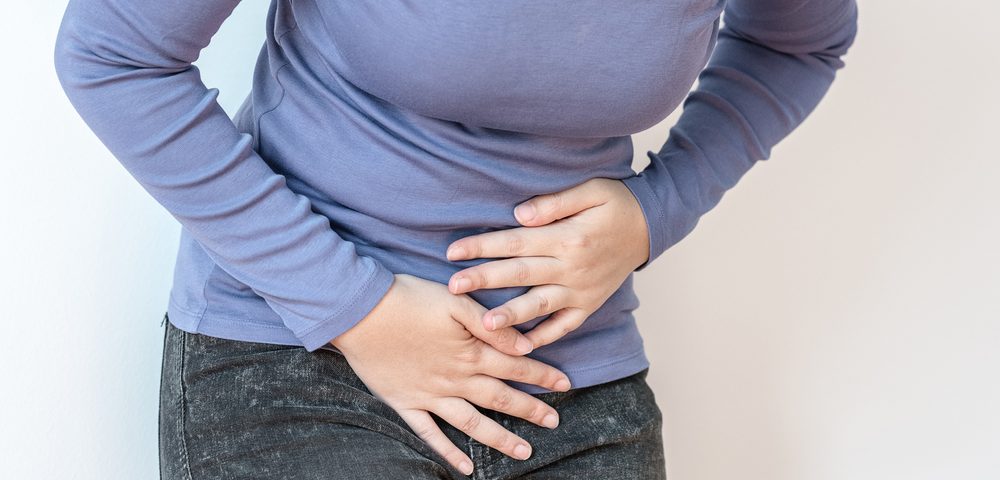Final data of two large Phase 3 trials of Abbvie’s elagolix published today again found that the treatment effectively reduced pain in women with endometriosis. The findings support a New Drug Application with the U.S. Food and Drug Administration, which the company plans to file later this year.
In addition, AbbVie presented additional data on elagolix, including secondary efficacy data from the two trials, at the 13th World Congress on Endometriosis being held through May 20 in Vancouver, Canada. Although data collectively supports the drug as a treatment for endometriosis, the meeting presentations also highlighted some important side effects of the treatment.
The two nearly identical Phase 3 trials (NCT01620528 and NCT01931670) focused both on menstrual and non-menstrual pain in women with endometriosis. The published report, “Treatment of Endometriosis-Associated Pain with Elagolix, an Oral GnRH Antagonist,” which appeared today in the New England Journal of Medicine (NEJM), showed that about three out of four women treated with a higher elagolix dose experienced reduced menstrual pain.
The trials tested two doses of the treatment — 150 mg once daily or 200 mg twice daily — against a placebo. Of the recruited 1,689 patients, 76 percent completed the two trials. The trials had two primary goals, to reduce menstrual and non-menstrual pain, and met both of them, as the company reported at the American Society for Reproductive Medicine (ASRM) Congress last year.
In the low-dose group, menstrual pain was reduced in 46.4% and 43.4% of women in the two trials, respectively. The higher dose reduced pain in 75.8% and 72.4% of participants, and placebo-treated patients reported reductions by 19.6% and 22.7%.
Non-menstrual pelvic pain was reduced in 50.4% and 49.8% among low-dose, and 54.5% and 57.8% of high-dose patients. Figures for placebo were 36.5% in both trials. The trials also demonstrated that the pain reduction was sustained over six months.
Elagolix is a drug acting on estrogen, and so, there was a specific focus on estrogen-related side effects in the trials. Decreased bone mineral density and hot flushes were more common among those receiving elagolix than placebo, as were increased levels of blood fats.
“Endometriosis is associated with painful symptoms that can be debilitating and there have been few recent medical advancements for women suffering from this disease,” Rob Scott, MD, Vice President, Development and Chief Medical Officer at AbbVie, said in a press release.
“These results highlight the efficacy and safety profile of elagolix and demonstrate its potential to be an important treatment option for women suffering from endometriosis,” he added.
Data presented earlier also showed that the treatment improved the quality of life among study participants.
In addition to detailing the efficacy and safety of elagolix, based on the two Phase 3 trials, the presentations at the World Congress on Endometriosis delve into the treatment’s effects on sex hormones and ovulation in healthy women.

